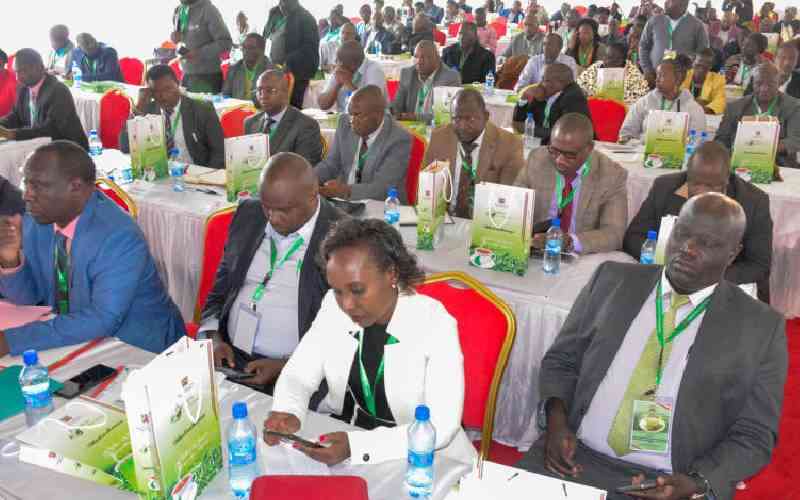×
The Standard e-Paper
Kenya’s Boldest Voice

The Kenya Tea Development Agency (KTDA) faced strong criticism from farmers and leaders during the Tea Reforms Conference which concluded yesterday in Kericho.
Deputy President Rigathi Gachagua accused the KTDA management of exploiting small-scale farmers by diverting profits to new projects without involving them.